Spotlight on black health inequalities

This month we look at work to tackle health inequalities, with a particular spotlight on action for and by the black community, from grassroots to system level. As October is Black History Month we also celebrate the role African and Caribbean heritage communities have played in developing our health and care services since the founding of the NHS 75 years ago.
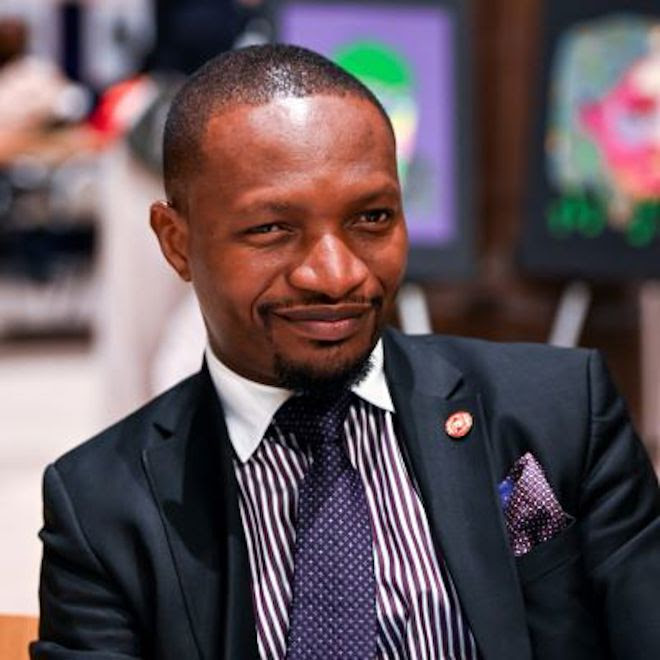
Working at system level to eradicate health inequalities for the UK’s black community
Charles Kwaku-Odoi leads CAHN’s work to eradicate health inequalities for Caribbean and African people in the UK. He explains how the organisation’s strategic approach is powered by knowledge, inspiration and action from within the black community.
Q&A with Charles Kwaku-Odoi, CEO of CAHN
The Caribbean and African Health Network (CAHN) is a black-led organisation working to eradicate health inequalities and wider disparities for Caribbean and African people in the UK. We spoke to their chief officer, Charles Kwaku-Odoi, about their work to bring about change at a system level, driven and inspired by action from within the black community.
Tell us about CAHN’s work to improve health and reduce health inequalities for the black community.
Our vision at CAHN is to eradicate health inequalities and wider disparities for Caribbean and African people in the UK within a generation.
We’re working on two fronts, trying to improve practice while also influencing policy. So, ensuring the voice of our community feeds into national policy discussions, is reflected in research, and is listened to when designing and delivering services. We can evidence how a tailored approach works for the black community, and we need professionals and clinicians to be willing to do things differently.
We’re also focused on the things that we in our community can do for ourselves – self-care and self-management is so important. We prioritise improving the health literacy of our community, because that’s crucial if we want people to engage with health services in the first place.
Since the start of the pandemic, we have been running live health webinars every Saturday morning. We invite Caribbean and African doctors to speak on different topics, such as cardiovascular health or blood borne disease. We pick issues that disproportionately impact our community. It all helps to build community resilience.
How important is it to work in partnership to improve equity?
We’re a network, so it’s all about partnerships. We’re very aware of the wider determinants of health and how they impact on the health of people in our community. We all know how housing impacts on health and wellbeing for example, we saw that during the pandemic. And if people don’t have money or stable employment, that impacts their eating habits and so on. It’s a ripple effect.
We need to be building bridges, whether that’s with commissioners, service providers or the private sector. We’re trying to make sure that our community is not seen as ‘hard to reach’, but that instead we are actively championing the assets of the black community.
For example, we put ourselves forward for Core20PLUS5, NHS England’s national policy framework for reducing health care inequalities, and have been one of the first 11 organisations to be commissioned to run a community connector programme. 30 of our community members are being trained to work with GP practices and primary care networks.
What particular challenges do Caribbean and African communities in the UK face that affect their chances of living a long and healthy life? And what can we do about it?
I’ve already touched on how social factors affect our health, and some of those impact certain communities more than others. There are also embedded structural issues, such as racism and discrimination.
Black men are more likely to be sectioned. And a black woman is four times more likely to die during childbirth. The only way to change these issues is to deal with the structural problems sitting behind them, and by engaging with local systems. For example, we’re currently developing a set of standards for local maternity and neonatal providers to sign up to.
There are also ways we miss out just because things are done in ways that benefit the majority population. During the pandemic we worked with a local health system to run a vitamin D campaign. Black people tend to have low levels of vitamin D which can reduce their immunity to infection, so Public Health England guidance of 400iu of vitamin D per day is not sufficient for us. How do we work with the right organisations to push for more culturally appropriate, racially sensitive interventions? It sounds like a little thing, but it could have a big impact.
And there are cultural nuances. For example, historic issues around lack of trust in health care professionals, or attitudes within our community towards taboo topics such as blood or organ donation. It’s crucial that the wider system understands these issues, so rather than going condition by condition to make changes, we’re looking at structural things we can change that will have a positive ripple effect.
How does your work align with the Health Foundation’s work to raise awareness of and reduce health inequalities?
A few years ago, the Health Foundation gave us some funding to work with NPC to develop our theory of change. That has helped massively to focus our vision and activity. We’re really thankful for their support, and for the way they continue to shine a light on health inequalities.
I’m also now on the advisory board for Health Equals, which is funded by the Health Foundation. Health Equals are developing powerful national campaigns to change how people think about health and influence national policy. The advisory group feeds into those, thinking about how messages might land within different communities. It was great to be part of the latest campaign which saw a giant ‘get well soon Britain’ balloon launched over Manchester and Liverpool for the party conferences – urging politicians to focus on the building blocks of health.
October is Black History Month. The work and passion of black people has played an important part in building the NHS and wider health and care system in the UK over the last 75 years. Are there any characters from the past or present who particularly inspire your work into the future?
The theme for this year’s Black History Month is ‘celebrating our sisters’, so we are profiling various black women who have contributed significantly to our community across different fields.
We launched our Black History Month activity at a civic launch event for Greater Manchester, and we were delighted to have Dame Elizabeth Nneka Anionwu with us. She was the first sickle cell nurse in the UK and has been tirelessly championing that cause and helping to set up services over the last 40 years. Even during her retirement, she has helped to bring to the nation’s attention how COVID-19 has had a devastating effect on black and Asian communities.
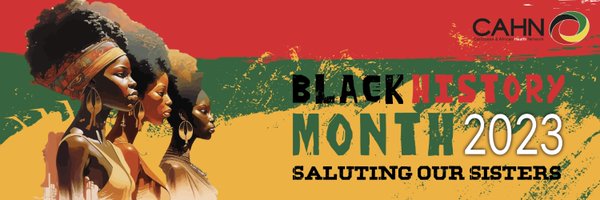
Then there’s Professor Jacqueline Dunkley-Bent OBE, she was the first Chief Midwifery Officer for the NHS in England, named by the HSJ as one of the most influential people in health three years running.
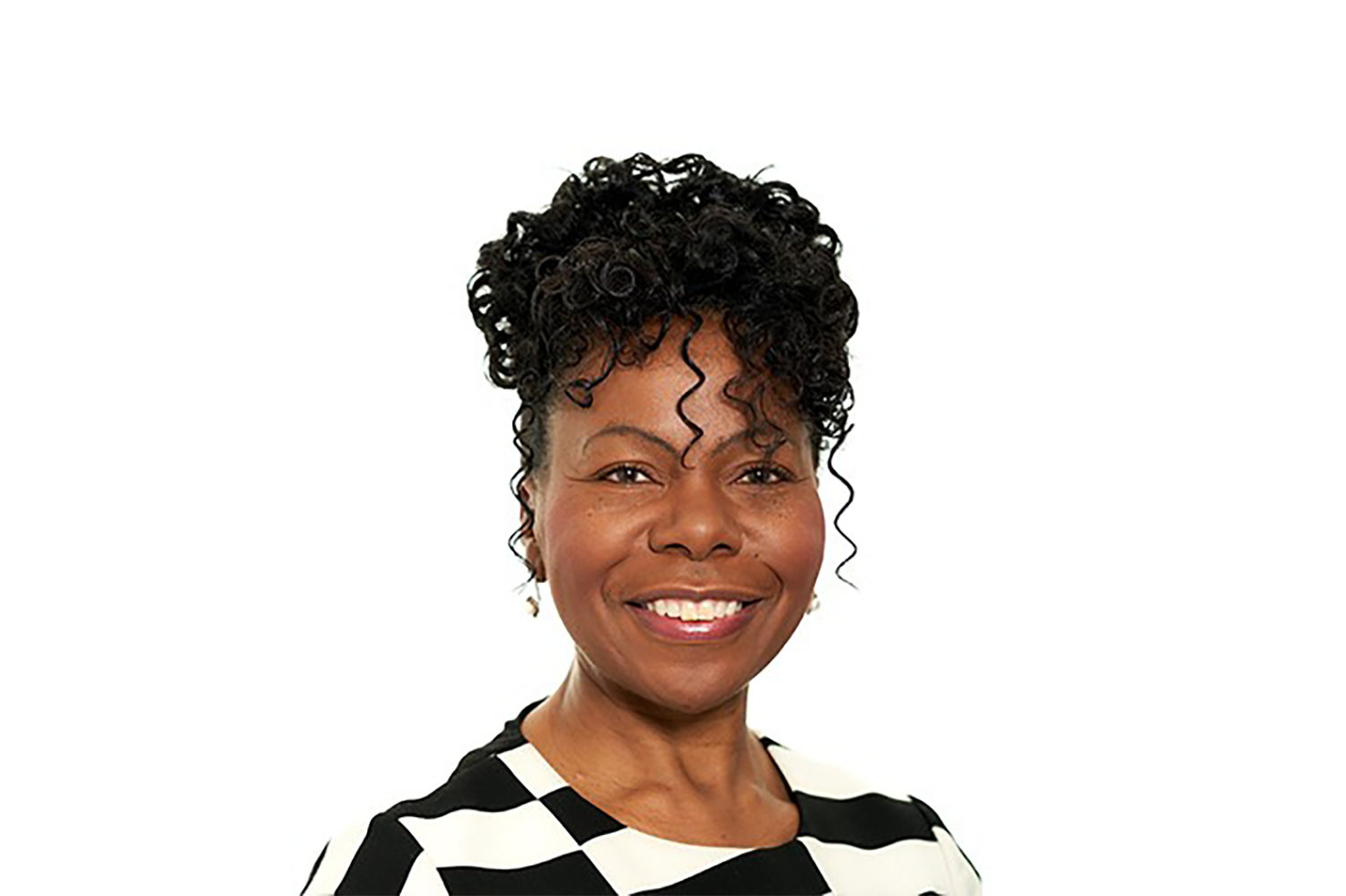
It’s also worth mentioning our own chair for CAHN, Dr Faye Ruddock. She actually set up CAHN and is also a nurse by background. She now leads a Masters programme in public health at Manchester Metropolitan University.
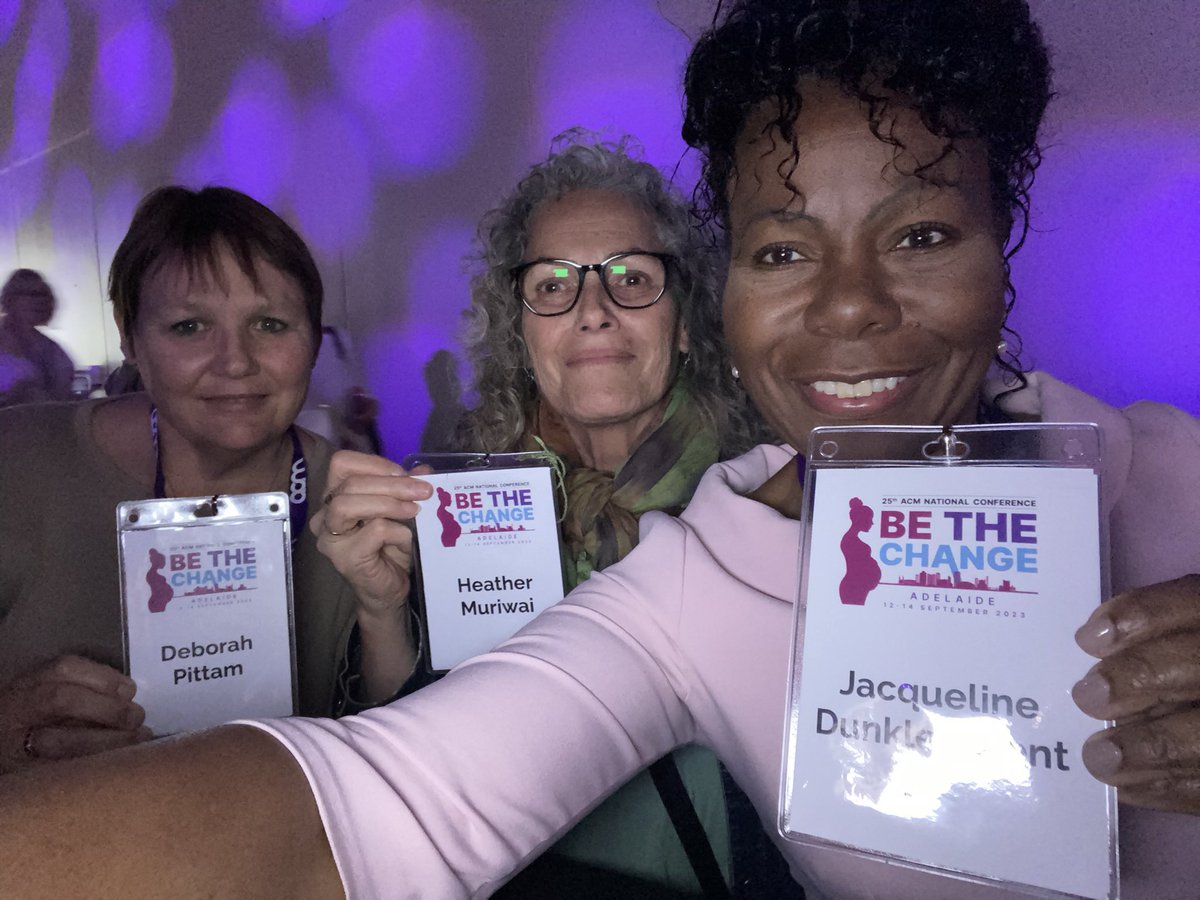
What else is your organisation doing to celebrate Black History Month and how can people get involved?
Following our civic event, we’ve been sharing and promoting local Black History Month events to encourage as many people as possible to get involved. On 28 October we’re celebrating with our award ceremony and gala, where we’ll recognise people and organisations doing amazing things to improve the health of black Caribbean and African people.
We’re also delighted as an organisation to be running the London Inspire Programme. The programme seeks to mobilise the black community across the 32 boroughs of London. We recently met with ICB chairs and other key stakeholders to discuss the state of health in the black community while we celebrate Black History Month – to focus on the key things that can be done.
Can you recommend something to read, listen to or watch for anyone interested in learning more about any of the issues we’ve discussed?
I recommend the book written by Dame Elizabeth Nneka Anionwu called Dreams From My Mother.
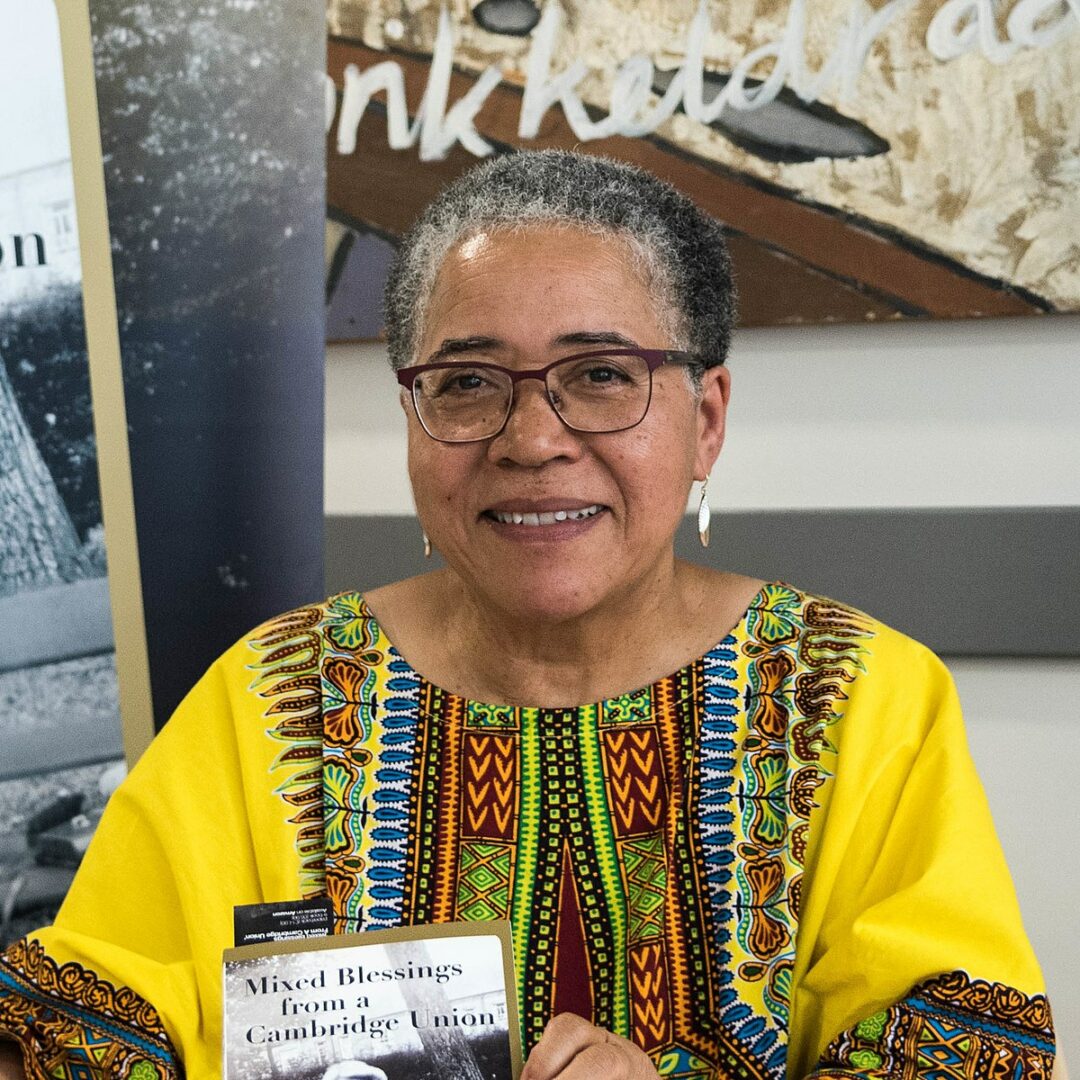
It’s a beautiful memoir showing how Dame Elizabeth overcame a background of shame, stigma and discrimination, to become one of the UK’s greatest ever nurses.
I also watched a striking film recently. ‘Exposed’ combines the stories of 19 black, brown and migrant nurses and midwives to speak about their powerful experiences of racism before, during and after the pandemic.
This content originally featured in our email newsletter, which explores perspectives and expert opinion on a different health or health care topic each month.
